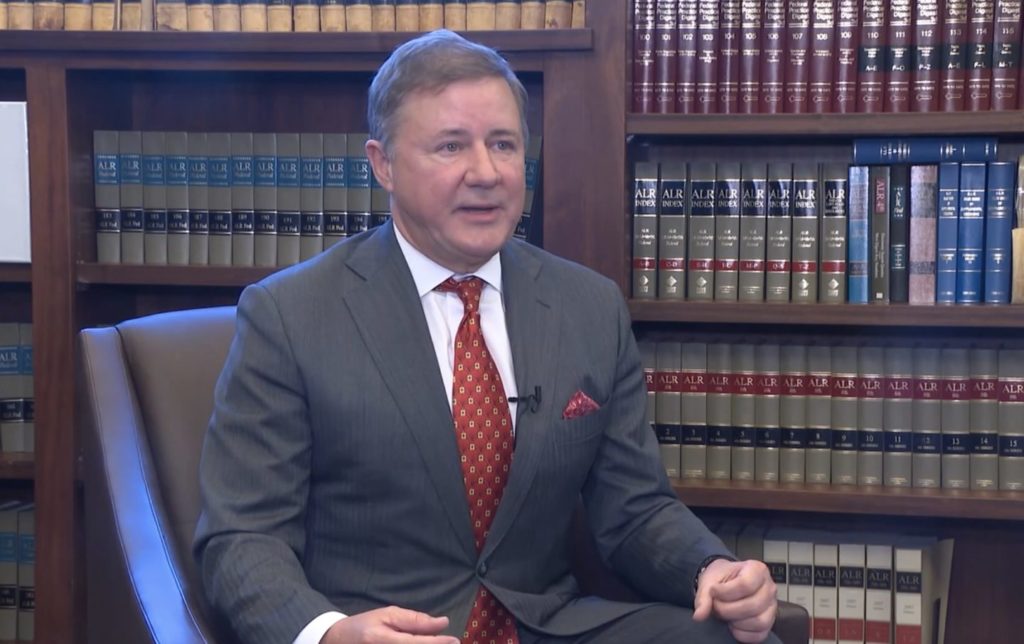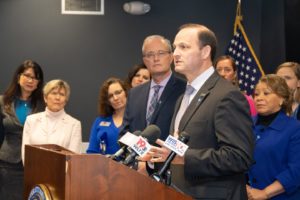Groups oppose Oklahoma AG’s suit against virtual charter school board
(The Center Square) – A lawsuit filed by Oklahoma Attorney General Gentner Drummond opposing a virtual religious charter school discriminates against minority religions, according to an amicus…

(The Center Square) – A lawsuit filed by Oklahoma Attorney General Gentner Drummond opposing a virtual religious charter school discriminates against minority religions, according to an amicus brief filed with the Oklahoma Supreme Court.
Drummond sued the Oklahoma Statewide Virtual Charter School Board and its members after a charter was granted to the St. Isidore of Seville Virtual Charter School based on an opinion from former Attorney General John O’Connor. Drummond had a different opinion and said the approval violated the U.S. Constitution and could have unintended consequences.
“Because of the legal precedent created by the Board’s actions, tomorrow we may be forced to fund radical Muslim teachings like Sharia law,” Drummond said. “In fact, Governor Stitt has already indicated that he would welcome a Muslim charter school funded by our tax dollars. That is a gross violation of our religious liberty.”
Drummond is asking the court to dismiss the board’s action.
The Liberty Justice Center and the Jewish Coalition for Religious Liberty said in an amicus brief siding with the school board that Drummond’s statements show “a stunning hostility toward religious liberty and religious minorities throughout the state.”
“The Attorney General’s statements betray an animus toward religious minorities that the Supreme Court has long found impermissible from a state actor,” said Dean McGee, Educational Freedom Attorney at the Liberty Justice Center, in a news release. “We support parents’ right to choose whatever education is best for their children—including education by religious schools—and urge the Supreme Court to reject the Attorney General’s petition.”
Howard Slugh, general counsel for the Jewish Coalition for Religious Liberty, said Drummond’s remarks are legally wrong and “misrepresent the practical impact of expanding school choice.”
“Families should have a broad range of options to choose the best educational path for their needs—whether they’re Jews, Catholics, Sikhs, Muslims, atheists, or members of any other religious group,” Slugh said. “Ultimately, the only idea that religious people should find ‘reprehensible’ is the Attorney General’s notion that Oklahomans would harbor such a hostile view of their neighbors.”
Other groups are also filing briefs in support of the virtual charter school, including the Oklahoma Council of Public Affairs and Seton Education Partners, according to online court records.



